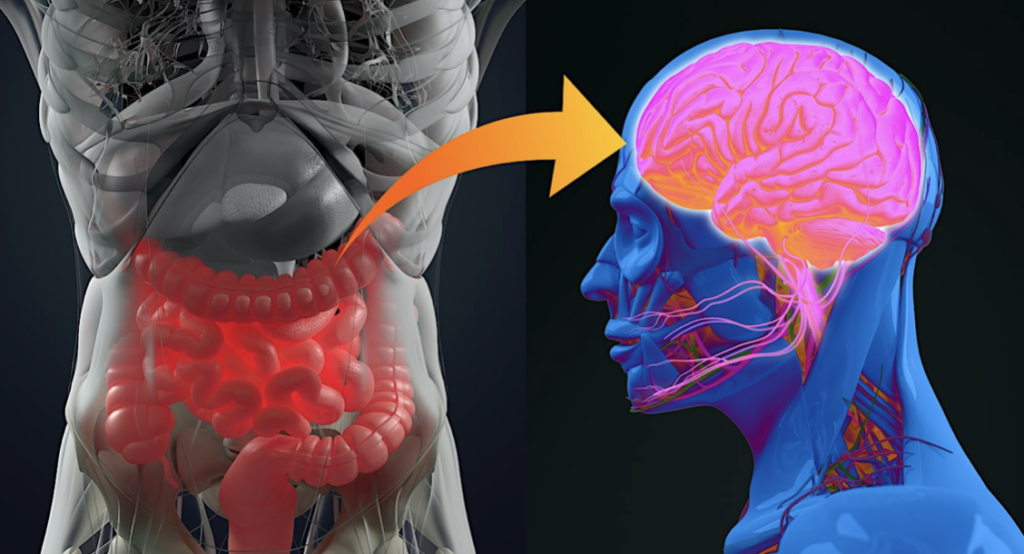An international team of researchers succeeded in inducing cognitive symptoms of Alzheimer’s disease in healthy mice by transplanting the intestinal microbiota of human patients suffering from this disease.
According to the researchers, whose work was published in the journal Brain, these results reveal that the symptoms of Alzheimer’s disease can be transmitted to a healthy, young organism through the intestinal microbiota, which confirms the causal role of the latter in this complex and multifactorial neurodegenerative disease.
Doctor Charles Ramassamy, holder of the Louise & André Charron Chair in Alzheimer’s disease at the National Institute of Scientific Research, highlighted that recent studies have identified several specific alterations in the composition of the intestinal microbiota in patients with of Alzheimer’s disease. However, he added that the origin of these alterations remains uncertain, that they could result from normal aging, the advanced age of patients or treatments such as taking antibiotics.
In this recent study, transplanting microbiota from Alzheimer’s patients into mice caused memory problems, including problems with long-term spatial memory and difficulty remembering events, people or objects previously encountered. These memory disorders were associated with a reduction in the number of neuronal stem cells and a reduction in their lifespan, as well as problems with neuronal connections.
The researchers also observed alterations in the intestinal epithelium of the transplanted mice, as well as an alteration in the activity of the hippocampus, a brain region involved in learning and memory and affected in Alzheimer’s disease. Alzheimer’s.
Dr. Ramassamy highlighted the importance of these findings, suggesting that it may be possible to achieve therapeutic benefits by acting on the gut microbiota to influence the creation of healthy neurons, which could potentially delay the onset of disease. in people with warning signs. These findings highlight the bidirectional communication between the brain and gut, reinforcing the role of the gut microbiota in brain health.

